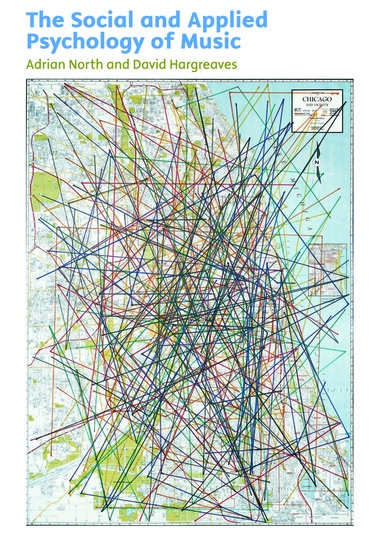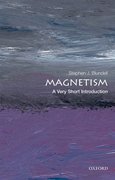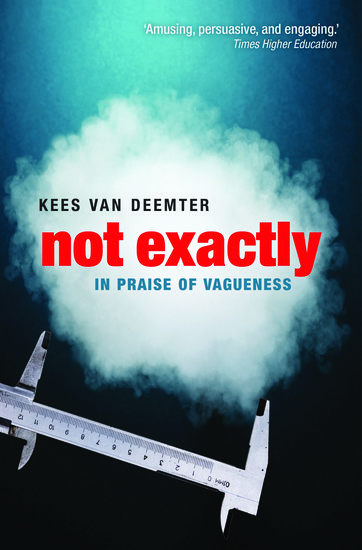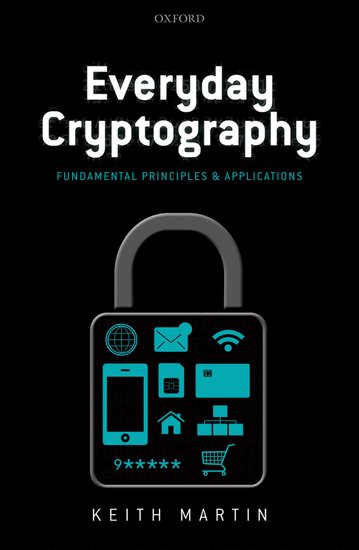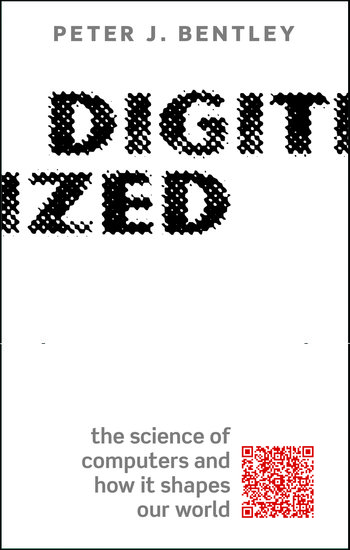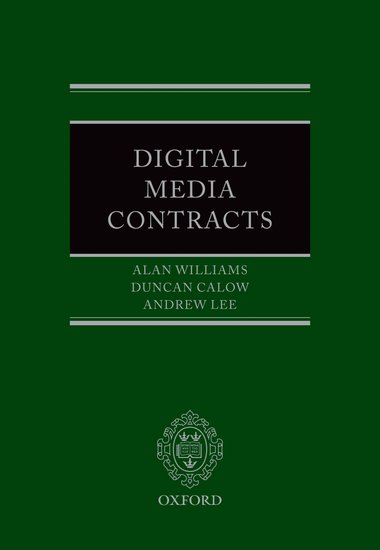Cyber War and International Law
By Dr. Russell Buchan and Nicholas Tsagourias
It seems both timely and necessary to question whether public international law adequately protects states from the threat of cyber attacks. This is because states have become increasingly dependent upon computer networks and the information that they hold in order to effectively regulate their societies.





